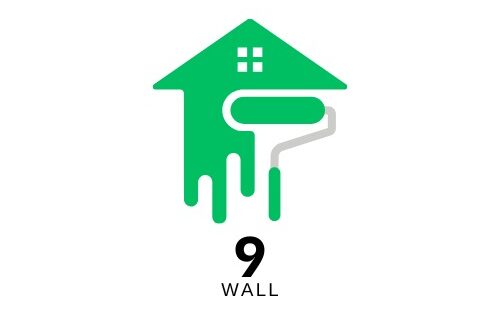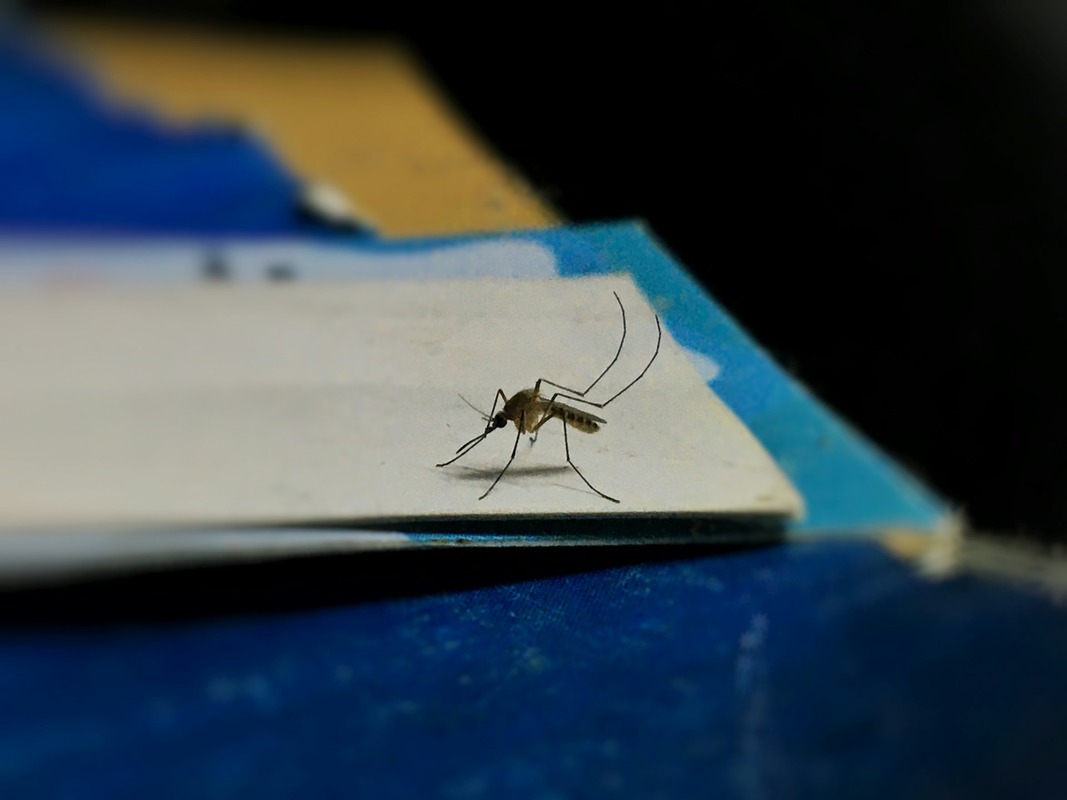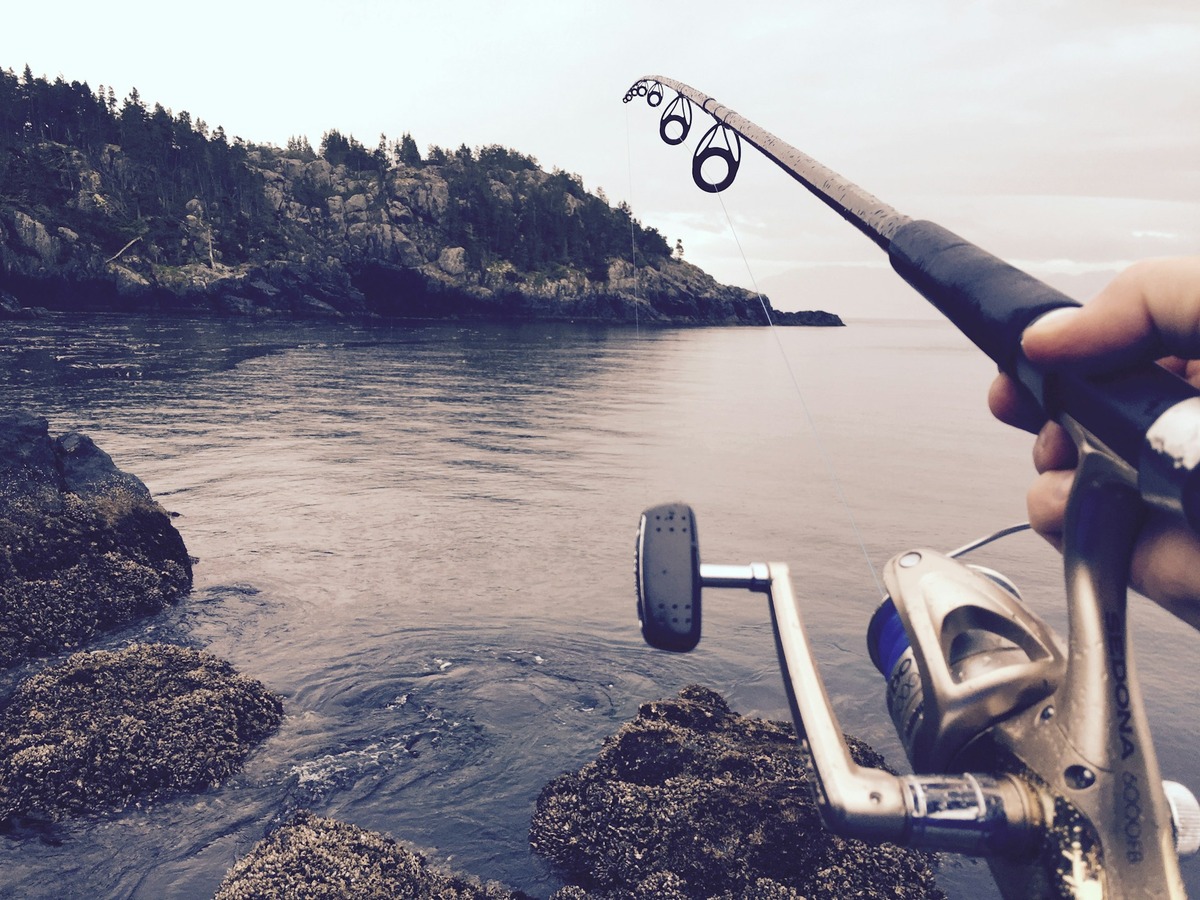Mosquitoes and ticks are more than just outdoor nuisances. They carry serious diseases like Lyme disease, West Nile virus, and Eastern equine encephalitis (EEE). With warmer months approaching, it’s important to understand how to protect your family and property from these pests—especially if you live in areas like South Shore, Massachusetts, where mosquito and tick populations thrive. In this article, you’ll learn the most effective and safe ways to manage these insects, plus why hiring licensed professionals can be a game-changer for long-term pest control.
Why Mosquito and Tick Control Matters
Most people think of mosquito bites as merely annoying, but the risks are more serious than that. Both mosquitoes and ticks are vectors of potentially life-threatening diseases. Ticks in particular are known for transmitting Lyme disease, which is prevalent in New England. Controlling these pests around your home reduces the risk of exposure, ensures peace of mind, and makes outdoor activities more enjoyable.
Understanding the Mosquito and Tick Lifecycle
Effective control starts with understanding how mosquitoes and ticks breed and grow.
Mosquitoes lay eggs in standing water, and their larvae develop in stagnant pools, bird baths, gutters, and even bottle caps. Female mosquitoes, the ones that bite, are attracted to carbon dioxide, heat, and sweat.
Ticks, on the other hand, don’t fly but wait on grass blades and shrubs for a host to walk by. They attach themselves to people, pets, and wildlife. Deer ticks, which are common in the South Shore area, are particularly dangerous due to their association with Lyme disease.
By disrupting their lifecycle, you can significantly reduce their numbers.
DIY Prevention Tips That Actually Work
Before turning to professional help, there are several things homeowners can do themselves to cut down on mosquito and tick activity.
1. Eliminate Standing Water
Dump out water from containers like flower pots, tires, kids’ toys, and bird baths at least once a week. Mosquitoes only need about a tablespoon of water to breed.
2. Keep Lawns Tidy
Ticks thrive in tall grass and shaded brush. Keep your lawn mowed, trim shrubs, and remove leaf litter to eliminate tick habitats.
3. Create a Barrier Zone
Place a 3-foot wide gravel or wood chip barrier between lawns and wooded areas to limit tick migration into your yard.
4. Use Natural Repellents
Essential oils like lemon eucalyptus, cedarwood, and lavender have mosquito- and tick-repelling properties. While not as potent as chemical solutions, they can provide short-term relief.
5. Maintain Fencing and Check Pets
Make sure fences are intact to keep out deer and other wildlife that carry ticks. Also, check pets regularly for ticks after they’ve been outside.
When to Call the Pros
DIY solutions can help, but they’re not always enough—especially in high-risk areas like Massachusetts. For reliable, long-term results, professional mosquito and tick control is often the best choice. Licensed applicators use targeted treatments that are both effective and environmentally safe. They also have the training to apply products safely, protecting both your family and beneficial insects like bees and butterflies.
Why Use a Licensed Applicator?
In Massachusetts, applicators must be licensed through the Department of Agricultural Resources, which means they meet strict safety and efficacy standards. Professionals like Mosquito Cop are trained to assess your property, identify problem areas, and implement strategic treatment plans that work season after season.
Hiring an expert ensures:
Proper product usage with minimal environmental impact
Consistent, recurring treatments throughout the season
Identification and treatment of hard-to-spot breeding grounds
Protection tailored to your specific yard and lifestyle
The South Shore Challenge: What Makes This Area Unique?
The South Shore region of Massachusetts is home to a mix of wetlands, woodlands, and suburban neighborhoods. These conditions are perfect breeding grounds for mosquitoes and ticks.
In particular, Plymouth County is known for high tick activity due to its wooded areas and deer populations. This makes consistent mosquito and tick spray applications essential for homeowners, especially during the spring and summer.
Professional providers like mosquito-cop.com offer services specifically designed for South Shore homeowners. They understand local ecology and tailor treatments to what works best in this unique climate.
Safe and Effective Treatment Options
Licensed mosquito and tick applicators use a variety of tools and treatments, including:
Barrier Sprays
These are applied to bushes, trees, fences, and lawns. They kill existing pests and create a barrier that lasts for weeks.
Larvicides
Used in standing water to kill mosquito larvae before they hatch.
Tick Tubes
Biodegradable tubes filled with permethrin-treated cotton that mice collect for nesting—killing ticks where they feed.
Organic and Natural Options
Many professionals now offer eco-friendly sprays made from natural oils and compounds that are safe for kids, pets, and pollinators.
How Often Should You Treat?
Most professional services recommend bi-weekly or monthly treatments during peak season (April–October in Massachusetts). Regular treatments prevent re-infestation and keep populations low.
It’s especially important to treat your yard:
In early spring to get ahead of breeding
After heavy rains (which create new standing water)
Before outdoor events like BBQs or family gatherings
What to Expect From a Professional Service
If you hire a company like Mosquito Cop, you can expect a thorough evaluation of your property, recommendations based on your needs, and a treatment schedule that aligns with peak insect activity in Plymouth County.
Typically, the process includes:
Initial Assessment – Walking the property to identify hot spots
Customized Plan – Selecting the right type of treatment
Application – Safe and effective spraying of key areas
Monitoring – Scheduled follow-ups and adjustments as needed
Final Thoughts: Don’t Let Pests Take Over Your Yard
Enjoying your yard shouldn’t come with the risk of itchy bites or disease. Taking a proactive approach to mosquito and tick control is the best way to ensure your family stays safe all season long.
While DIY prevention is a good first step, professional services—like those offered by Mosquito Cop—provide peace of mind with expert treatment, local knowledge, and reliable results.
If you live in Plymouth County or the South Shore area, don’t wait until mosquitoes and ticks invade your outdoor space. Plan now, protect early, and enjoy the outdoors without worry.








